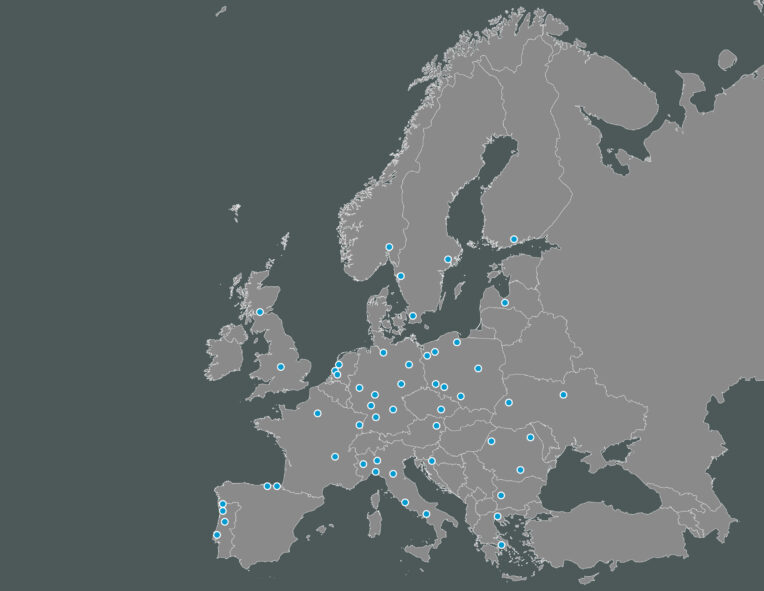The role and future perspectives of Cohesion Policy in the planning of Metropolitan Areas and Cities
More information: https://www.espon.eu/metro
This project included many stakeholders that are METREX Members, and the subject of the project is a key topic for METREX. This project ran from October 2020 – October 2021.
Summary
Despite their importance in the development of the European territory, Metropolitan Areas and Cities are not the primary actors in the design of programmes and strategies to implement Cohesion Policy. The experience with the 2007-2013 programming period, showed that cities and urban areas were involved at the project level as beneficiaries. In the 2014-2020 programming period, Cohesion Policy has enhanced their role through acknowledging the importance of cities and towns in specific investment priorities; nevertheless, the role of cities and their influence on the design of the programmes seems to be limited.
This ESPON targeted analysis shall support Metropolitan Areas and Cities in the effort to enhance their role in the decision making process related to the post-2020 programming period, also implementing the Pact of Amsterdam, establishing the Urban Agenda for the EU, and the renewed Leipzig Charter on Sustainable European Cities.
ESPON METRO shall analyse and compare the role of Cohesion Policy in the process of planning and implementation of metropolitan policies, addressing experiences and practices as well as their territorial impact in the nine stakeholder territories. The research aims at providing evidence on how Metropolitan Areas can contribute to achieve specific objectives of Cohesion Policy through their policies, giving advice on how Cohesion Policy should take them into account.
Finally, ESPON METRO should take into consideration the new context of the COVID-19 pandemic and how the Cohesion Policy has responded and adapted to it. Being at the forefront of the fight against the pandemic, Metropolitan Areas have been called to mitigate as far as possible the impact of the virus on their territories. The need of better coordination among all levels of governance is even more evident that before.



